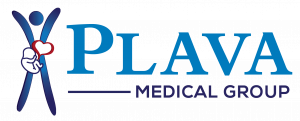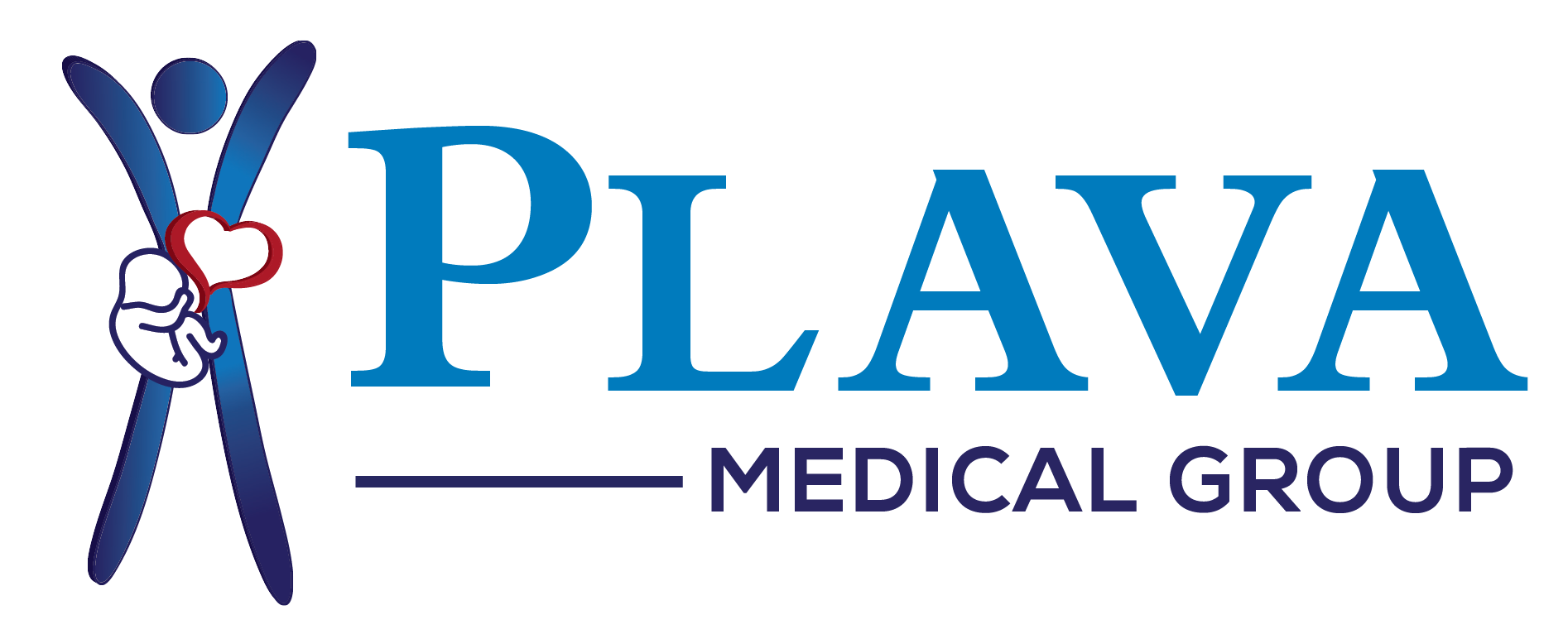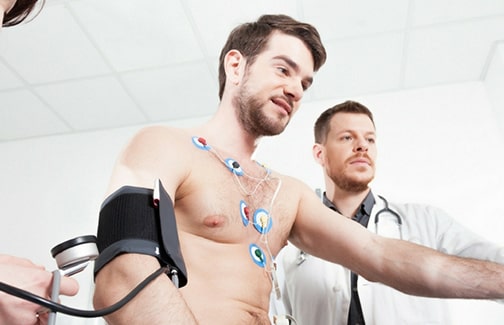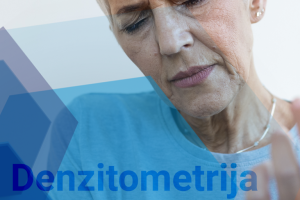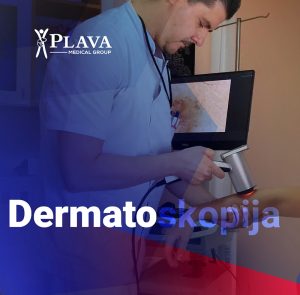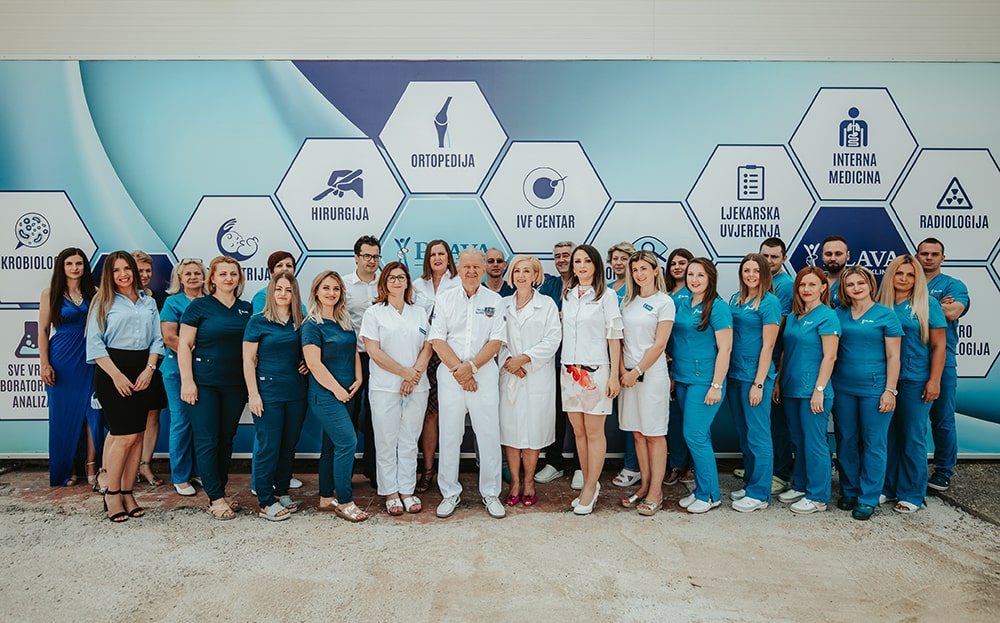Test heart load (ergometry) is an indispensable test method in cardiology. Ergometry provides data on remaining physical capacity, subjective complaints during and after exercise, shows ischemic changes on the electrocardiogram and arrhythmias and gives insight into the prognosis of patients with ischemic heart disease.
In use are two load protocols. It is used on the bicycle ergometer continuous load test with load increase by 25w every 3 min. Of the treadmill tests, the Bruce test is recommended. Both tests are equally valid in clinical practice and occupational medicine. Differences exist in the level of individual load levels, in terms of time the duration of the test and the involvement of muscle groups in the work they can lead to to significant differences in test results. That is why the results tests on the bicycle ergometer are expressed in units of oxygen consumption, w and/or kpm, and on the conveyor belt oxygen consumption units or the duration of the test. It is also recommended that the height of the load test be submaximal (85% of maximum heart rate for age and gender) or a symptom-limited test that is interrupted when the relevant ones appear symptoms. More experienced examiners can also apply the maximum test loads.
Code of coronary patients after a heart attack, it is applied in the first three week low load test. After 6-8 weeks it is possible use a symptom-limited stress test.
The specificity of the test is 90-95%, and the sensitivity is 60-70%. It was shown that the sensitivity of the stress test depends on the number of affected coronary arteries and that in the case of two or three critical stenosis of the main coronary arteries it is over 90%. Of particular importance are the height of the stress test achieved and the occurrence of angina pectoris.
Indications for ergometric testing:
- Evaluation of prognosis, therapy and rehabilitation of patients with coronary disease
- Evaluation of the results of surgical interventions on coronary arteries and valves
- Isolation of persons at risk from coronary disease from an otherwise asymptomatic population
- Determination of abilities for professional work, recreation and sports activities
- Prognosis of the disease in patients with ischemic heart disease based on the stress test
The results of the load test are an important factor in the selection of patients for surgical myocardial revascularization and the evaluation of the success of the operation
Ergometry, as a non-specific test, can also be used to assess the physical capabilities of patients with ischemic heart disease.
Coronary
patients with angina pectoris usually tolerate only low physical activity
load, and patients after heart attack and surgical revascularization
myocardium medium heavy physical loads. Ergometric results
the test should be compared with the patient's workload in everyday life,
professional work and recreational activities.
A heart patient interrupts a stress test because of symptoms that
limit in further effort, or due to achieving the maximum, i.e.
submaximal load, most often at a load that is considerable
below the expected aerobic capacity. Only she should be allowed to the patient
loads that do not cause the pulse to increase more than 85% of the pulse value in
load test, and even then such loads can only be for a short time
duration.
Contraindications for the test:
- moderate to severe aortic stenosis
- inflammatory conditions (pericarditis, myocarditis, endocarditis)
- hypertension with resting RR ≥180/100 mmHg
- rapid uncontrolled atrial fibrillation or other heart rhythm disorders
- cardiac decompensation
Two days before the test, the dose of beta-blockers should be reduced, and the morning before the arrival should not be taken due to the influence on the heart rate and the outcome of the test. It is mandatory to take other therapy for pressure regulation in the morning before arrival.
